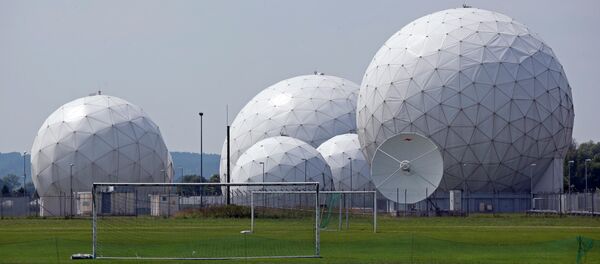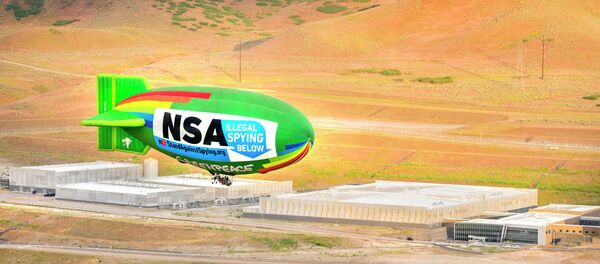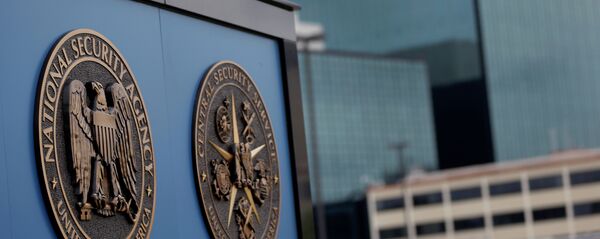The top secret documents, which come from the U.K. Government Communications Headquarters agency and NSA, show how intelligence agencies exploit hackers’ successes and learn from their skills.
They were published on journalist Glenn Greenwald’s website, The Intecept. Greenwald has been publishing such documents since Snowden first leaked them in June 2013.
In some instances, surveillance agencies monitored hackers as they breached email accounts, then stepped in and obtained the content of the breached accounts, often without ever notifying the victim that they had been hacked, the Intercept reported.
“Hackers are stealing the emails of some of our targets … by collecting the hackers’ ‘take,’ we … get access to the emails themselves,” reads one top secret 2010 NSA document.
The intelligence agencies also monitored the activity of state-sponsored and independent hackers to obtain valuable information. Targets included foreign governments, military forces, human rights activists and journalists, the Intercept reported.
When hacking might possibly compromise data from the US and UK governments, or their allies, the agencies notified “relevant parties.”
Another document shows that British intelligence agency GCHQ created a program to track public conversations hackers had on Twitter, blogs, chat venues and websites, with the aim of improving their own cyber defense knowledge.
GCHQ targeted Twitter accounts belonging to former NSA agents, Google employees, convicted cybercriminal Kevin Mitnick and members of hacktivist collective Anonymous, among other hackers and security experts, according to the Intercept.
The spy agency was looking for “real-time alerting to new security issues reported by known security professionals, or planned activity by hacking groups, e.g. Anonymous,” one document reads.
Another document casts serious doubt on the agency’s warnings about the threat posed by Anonymous. That document, containing “talking points” prepared by Jessica Vielhuber of the National Intelligence Council in September 2011 for a NATO meeting on cyber-threats, describes the threat from Anonymous as relatively small.
“Although ‘hacktivist’ groups such as Anonymous have made headlines recently with their theft of NATO information, the threat posed by such activity is minimal relative to that of nation-states,” she wrote.
An NSA spokesperson said the agency “will not comment on the Intercept’s speculation,” and noted that the NSA “defends the nation and our allies from foreign threats while going to great lengths to safeguard privacy and civil liberties.”
The spokesperson added that “over the last year, at the president’s direction, the US intelligence community engaged in an unprecedented effort to examine and strengthen the privacy and civil liberty protections afforded to all people, regardless of nationality.”





